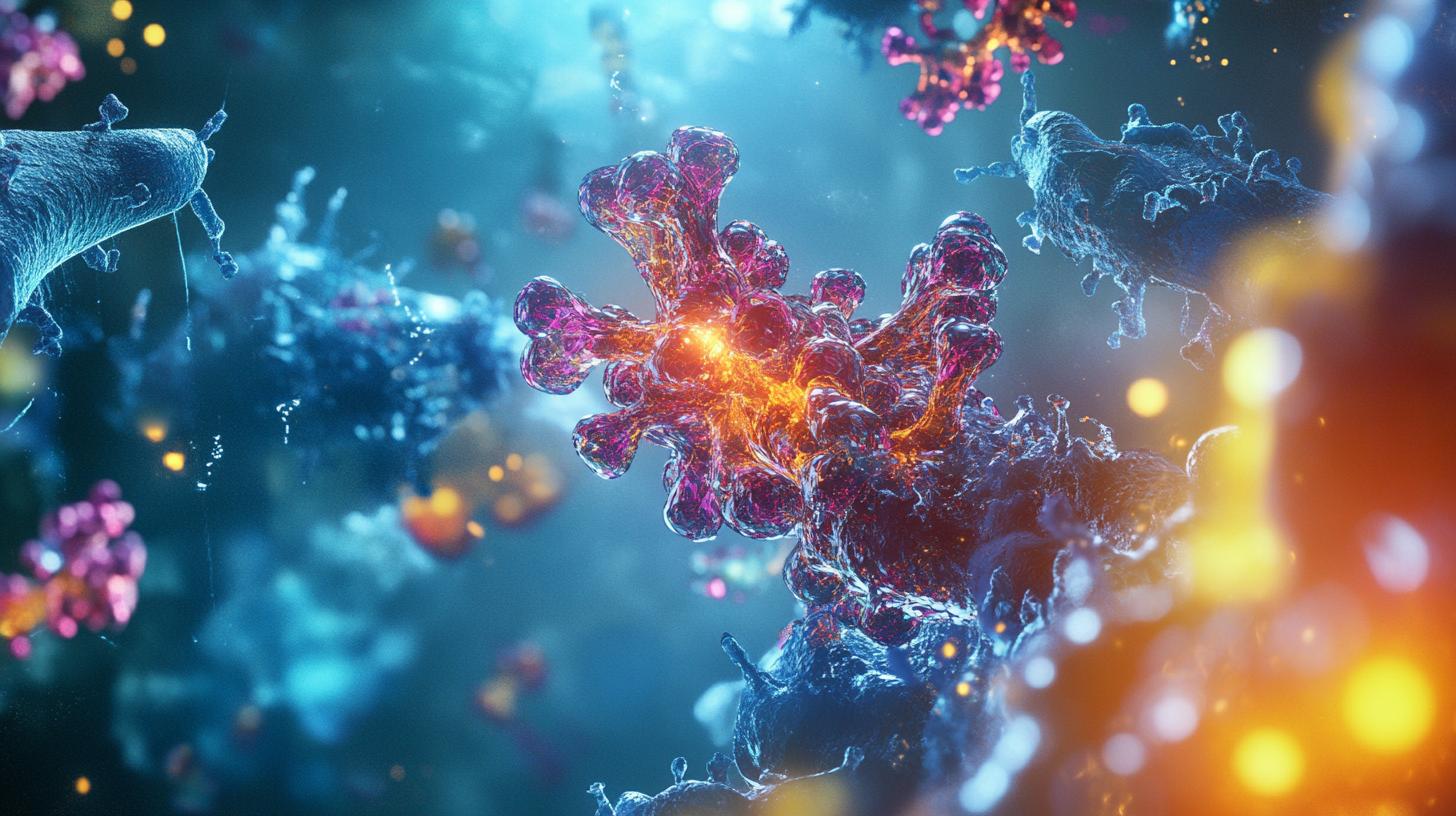Browse TagDifferential HDX-MS
Differential HDX-MS, or differential hydrogen/deuterium exchange mass spectrometry, is an analytical technique used to study protein dynamics and structure by measuring the exchange of hydrogen atoms in proteins for deuterium atoms from a solvent. It allows researchers to investigate changes in protein conformation and interactions under different conditions, such as varying environmental factors or in the presence of ligands.In this method, proteins are exposed to deuterated water (D2O), and the rate of hydrogen-deuterium exchange is monitored. By comparing the exchange rates of proteins under various conditions, scientists can infer information about regions of the protein that are more or less stable, or that undergo conformational changes. This can be particularly useful in understanding protein function, folding, and interactions with other molecules.The term "differential" refers to the comparative aspect of the technique, where differences in exchange rates are analyzed to draw conclusions about structural or dynamic variations between different samples or states of a protein. Overall, differential HDX-MS provides valuable insights into protein behavior, aiding in drug design and the understanding of various biological processes.









